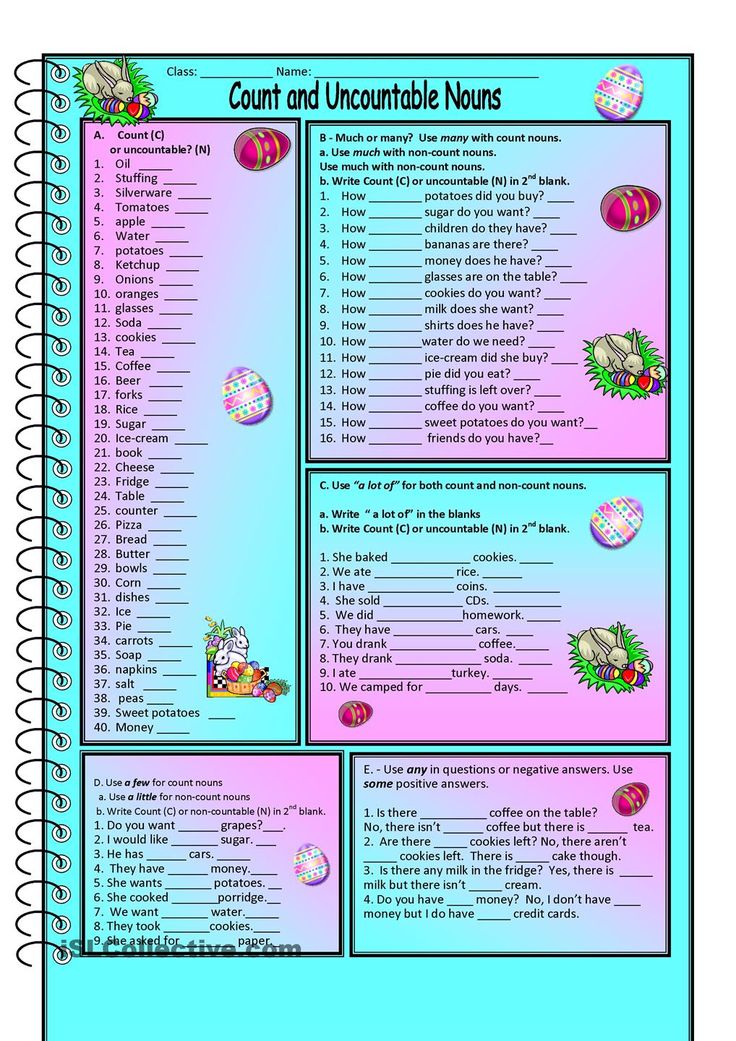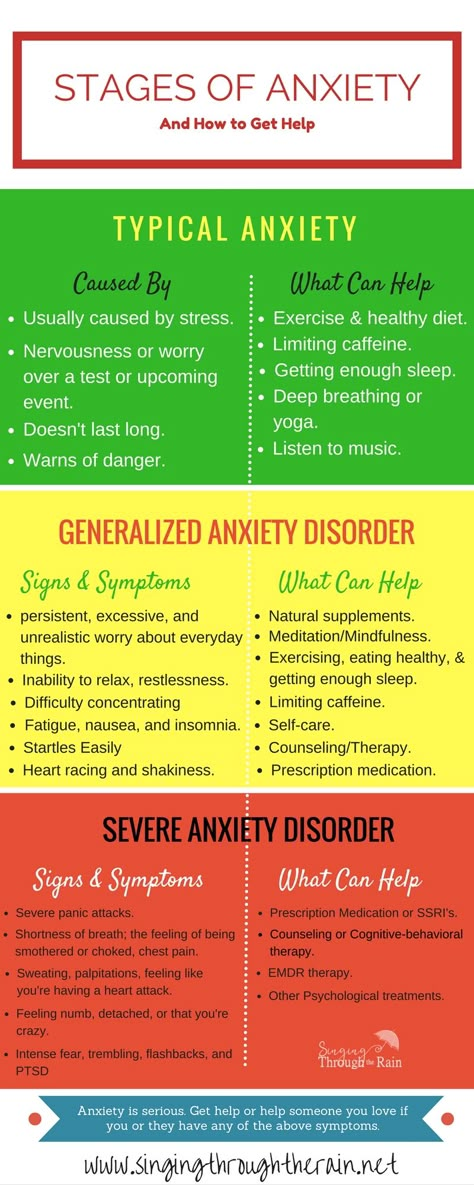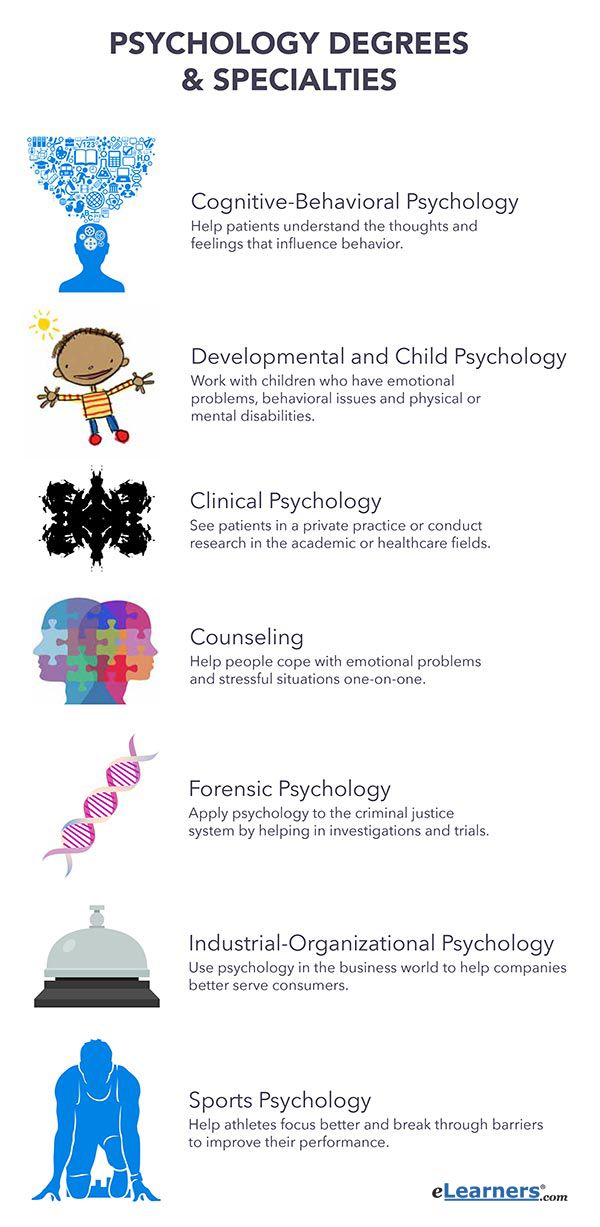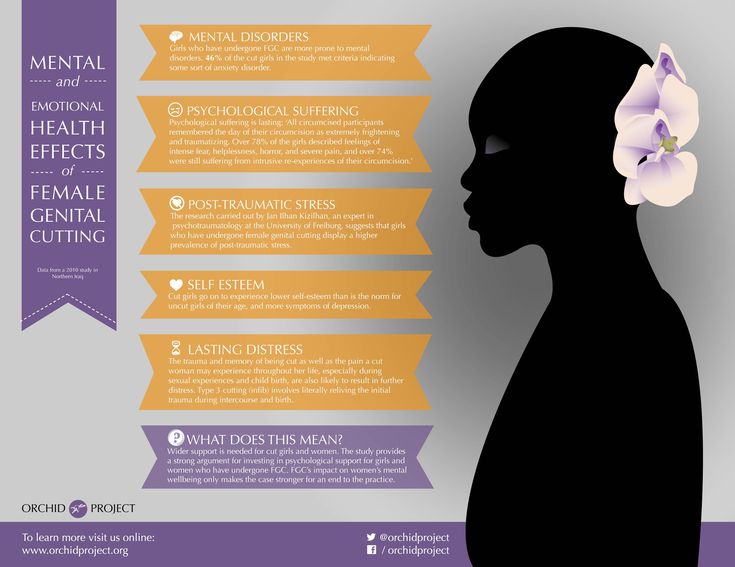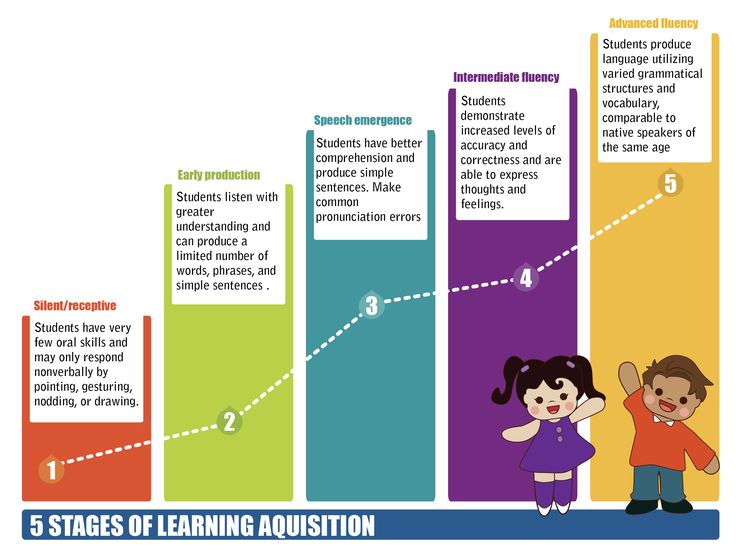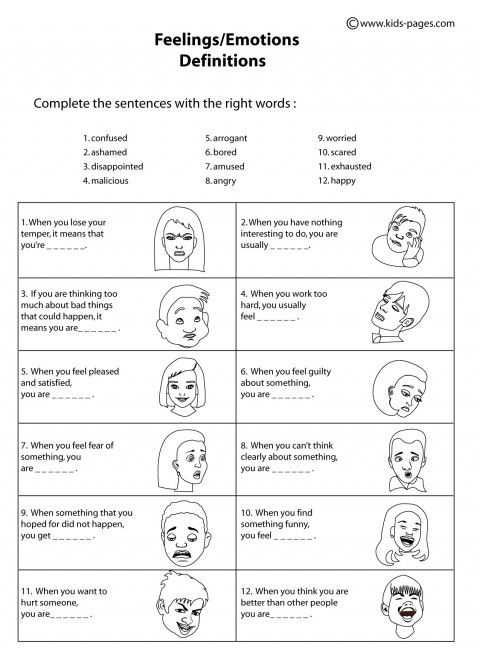Sudden anxiety for no reason
How to get a sudden spike in anxiety under control
Whether you’ve lived with an anxiety disorder for years, or just started experiencing one during the ongoing COVID-19 pandemic, managing your mental health is more important than ever. Experiencing a sudden spike in anxiety is a common issue—one that’s being experienced by more and more people.
A 2020 poll released by the American Psychiatric Association (APA) reveals that “62% of Americans feel more anxious than they did [in 2019],” says Tonya Crombie, Ph.D., author of Stop Worrying About Your Anxious Child. “That marks a sizable increase over APA polls of the [three years previous], in which the number has ranged between 32% and 39%.”
“When you consider the significant stressors brought on by a global pandemic, economic uncertainty, social unrest, bitter political divisions—it is completely understandable why so many more people are feeling more anxious than ever before,” Crombie says.
Here, learn what causes a sudden onset of anxiety, and how it can be managed.
What causes sudden onset of anxiety?
A sudden onset of anxiety can be triggered by a plethora of things—from a major event, like a death in the family, to everyday stressors, such as work or budget worries—but sometimes it can be caused by seemingly nothing at all—or even issues you’re not consciously aware of.
“Our brains are designed to monitor for danger and let us know when these signs appear,” says Karin Kassab, MA, psychologist and CEO of Clarity Counseling Center. “Although it can feel like it at times, anxiety is not your enemy. It’s your brain trying to keep you safe. Think about your anxiety as a security system that’s just a little too sensitive.”
Abrupt feelings of nervousness and apprehension are often caused by a specific anxiety trigger. “It could be a conversation or a place or a smell that triggers anxiety,” says Silvi Saxena, MSW, LSW, a licensed therapist at Choosing Therapy. “It can be a result of focusing thoughts on something that is stressful and worrisome, something that doesn’t have a solution or worrying about worst case scenarios. Major life events can trigger a series of anxiety attacks and it can become easy to get into a pattern of negative thinking, which worsens anxiety.” As a result, it’s crucial to try to understand your anxiety triggers, in order to find ways to manage it.
Major life events can trigger a series of anxiety attacks and it can become easy to get into a pattern of negative thinking, which worsens anxiety.” As a result, it’s crucial to try to understand your anxiety triggers, in order to find ways to manage it.
Can someone suddenly develop anxiety?
Unfortunately, anxiety can affect anyone at any time, and the often sudden onset can be disconcerting. “Anxiety disorders are one of the most commonly reported mental health concerns,” Kassab explains. “In fact, 1 in 4 people experience an anxiety disorder at some point during their lives.”
It’s worth noting that anxiety can come and go suddenly, especially if it’s linked to a difficult event or situation. “A sudden onset of anxiety can occur when something extremely stressful is happening unexpectedly, or when there is physical pain in the body, physical stress, or other kinds of severe mental stress,” Saxena says.
Meanwhile, psychiatrist Jared Heathman, MD, explains that “while anxiety can be triggered by certain stressful stimuli, it can also be random and equally debilitating.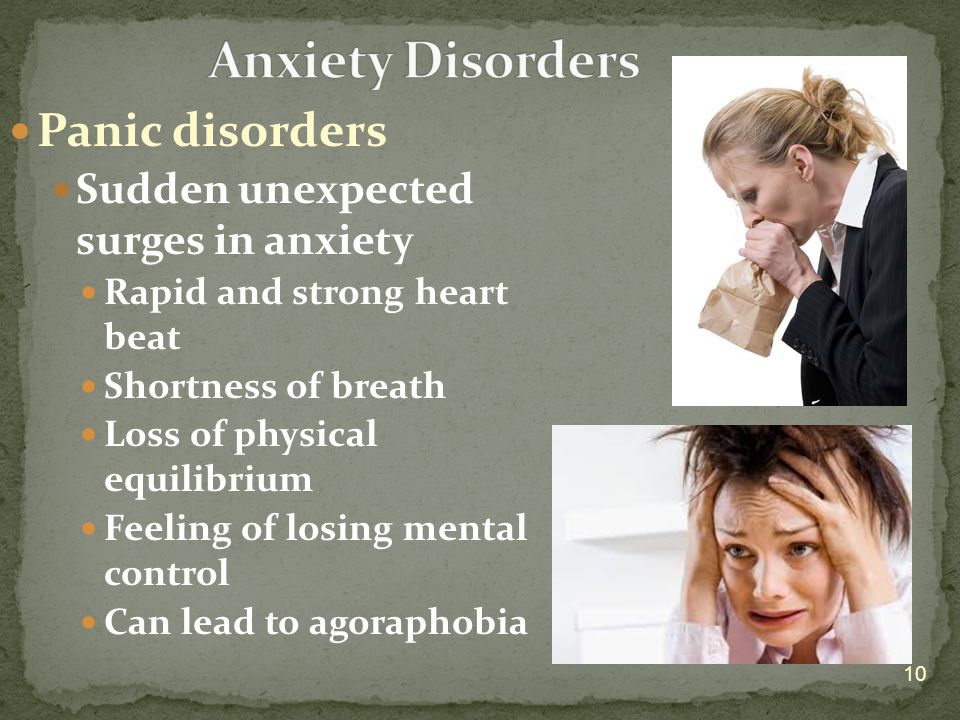 ” Either way, there are things you can do to manage an anxiety or panic attack when it starts.
” Either way, there are things you can do to manage an anxiety or panic attack when it starts.
Licensed clinical psychologist Aaron Weiner, Ph.D., says, “Anxiety spikes are an activation of the body’s ‘fight-or-flight’ system, a hardwired physiological reaction to when we think we’re in danger in some way.” Because of that, we can anticipate some of the following symptoms of a panic attack:
- Heart palpitations or a pounding heartbeat
- Becoming hot or dizzy
- Unexplained sweating
- Shortness of breath
- Trembling or tensing
- Feeling like you lack control of a situation
RELATED: Anxiety attack vs. panic attack
How can I calm my anxiety fast?
Medication is an option for long-term anxiety. But, they are not always an instant fix. Anti-anxiety medications, such as Ativan, Klonopin, or Xanax, can work quickly—within minutes or hours. Antidepressant medications, sometimes used to treat anxiety, can take a few weeks to reach maximum effectiveness. As Heathman explains, “Medication can take much longer to work as medication must be ingested, digested, absorbed, and then transferred in the bloodstream.”
Antidepressant medications, sometimes used to treat anxiety, can take a few weeks to reach maximum effectiveness. As Heathman explains, “Medication can take much longer to work as medication must be ingested, digested, absorbed, and then transferred in the bloodstream.”
If you’re experiencing anxiety for the first time or you’re having an unexpected spike of anxiety, there are some techniques you can employ in the moment to help with your developing symptoms. “Sudden onset anxiety is best controlled with relaxation techniques,” Heathman says, which “can work instantly after being employed.” Some calming strategies include:
- Deep breathing: “Deep breathing is very effective as it helps to calm the autonomic nervous system,” explains Saxena. There are lots of relaxing deep breathing techniques. Start by inhaling through your nose, and trying to fill your belly with air. Then, exhale through your mouth, and repeat three to 10 times.
- Meditation: “Mindfulness—remembering that the anxious state is temporary and will pass.
 Move into an environment that allows you to use all your senses, this helps reduce symptoms of anxiety,” says Saxena. There are many mindfulness techniques that can help anxiety from listening to guided recordings to coloring mandalas while focusing on the present moment.
Move into an environment that allows you to use all your senses, this helps reduce symptoms of anxiety,” says Saxena. There are many mindfulness techniques that can help anxiety from listening to guided recordings to coloring mandalas while focusing on the present moment. - 5-4-3-2-1 technique: Name (out loud, or in your thoughts) five things you can see around you. Acknowledge four things you can touch. Identify three things you can hear. Name two things you can smell. Acknowledge one taste. This can help ground you in the moment.
- Progressive muscle relaxation: When you feel anxious, it’s likely your muscles tense up. This technique involves tensing certain muscles as you breathe in, then relaxing them as you breathe out to relieve stress.
- Visualization strategies: Use your imagination to induce calmness. Pick an image that makes you feel soothed, like your cozy bed, or a beach. Then picture it when anxiety takes hold.
- Biofeedback training: This usually involves wearing a device that pairs with an app.
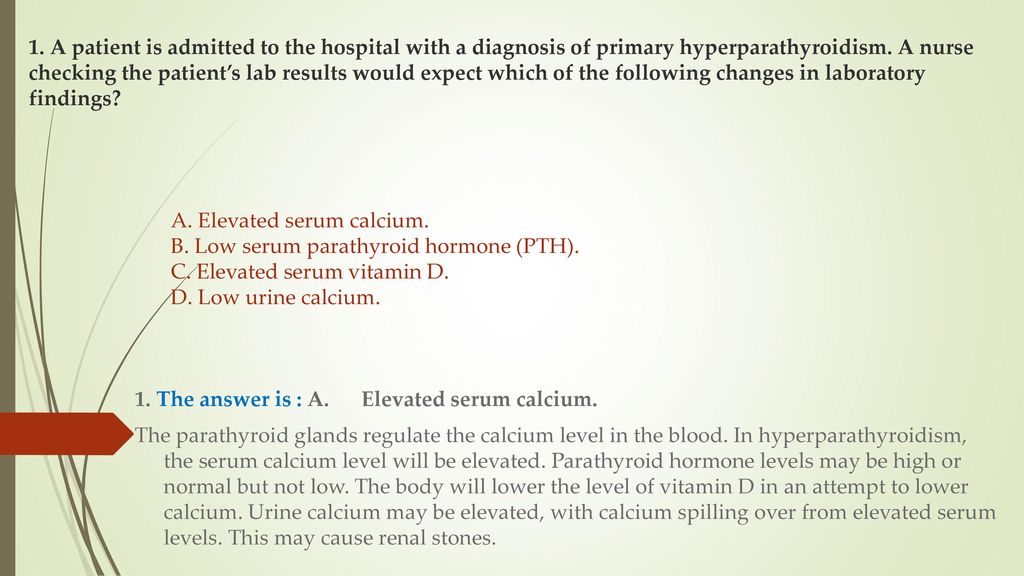 It notices when your breathing or heart rate spikes, and offers breathing exercises to help slow it back down to normal levels.
It notices when your breathing or heart rate spikes, and offers breathing exercises to help slow it back down to normal levels. - Listening to music: Some research has found that listening to music can reduce cortisol (aka the stress hormone) levels.
- Exercise: Kassab explains that regular, moderate exercise is an “instantly gratifying anxiety reduction tool.” Meaning, a quick workout can immediately reduce anxious feelings.
All of these techniques work by changing your brain’s focus, so that anxiety symptoms can pass. One of the keys to calming anxiety is also recognizing when and why it is happening. “If you can sense that it is spiking,” Saxena explains, “then you can challenge yourself to use the same thought pattern to understand that it is a passing feeling.”
What’s next?
“Anyone can feel anxious at times and it’s even more important to realize that feeling anxious does not mean something is wrong with you,” Crombie says.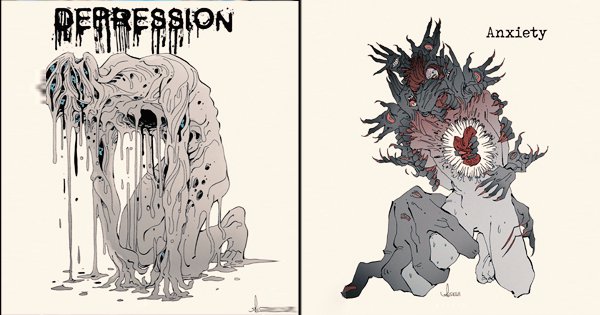
If you’re concerned about worsening anxiety, or a sudden onset of anxiety, then it’s important to consult a medical professional. Heathman suggests that you seek a consultation when your anxiety doesn’t resolve with continued practice of relaxation techniques. A person experiencing anxiety may be prescribed medication or referred for therapy.
Kassab also reminds patients that living during a global pandemic is understandably stressful for most people, and “increased anxiety during these stressors is a normal reaction to the abnormal situation.” However, if relaxation and breathing techniques, exercise and mindfulness, aren’t helping curb your anxiety, you should consult a medical professional who will advise you on the next steps to managing the condition.
It’s totally normal to seek out a therapist who can help you learn the strategies described here. For more information on seeking help or treatment or anxiety support, visit the National Alliance on Mental Health or call the Substance Abuse and Mental Health Services Administration helpline at 1-800-662-HELP. You can also contact your insurance company for a list of therapists in your network. If you or a loved one is experiencing suicidal thoughts or self-harm, call the National Suicide Prevention Lifeline at 1-800-273-8255 or visit the nearest emergency room. Don’t be afraid to seek emergency care when your symptoms are severe!
You can also contact your insurance company for a list of therapists in your network. If you or a loved one is experiencing suicidal thoughts or self-harm, call the National Suicide Prevention Lifeline at 1-800-273-8255 or visit the nearest emergency room. Don’t be afraid to seek emergency care when your symptoms are severe!
"Why Am I Anxious for No Reason?" Recognizing and Treating an Anxiety Disorder
October 2, 2018, Kelsey AndrewsBridges to Recovery
Anxiety is not uncommon. In fact, it’s the most common mental illness in U.S. adults. Still, many of us walk around wondering, “why am I anxious for no reason?” Anxiety is the most frustrating when it seems to come out of nowhere, for no reason. If you’re asking yourself, “how do I know when my anxiety needs treatment?”, you’re probably at the point when talking to a therapist could help a lot. You don’t have to struggle with anxiety; it’s entirely treatable. So get help today.
So get help today.
Laura was worried all the time and she didn’t know why. Her job was going great, she had a good relationship with her boyfriend, and had a close circle of friends. Still, she was always restless and watchful, and a feeling of dread followed her everywhere she went. Driving on the highway was the worst of all. One evening she was driving home when she was startled by a police car turning on its lights and sirens behind her. Her heart raced, her palms were sweaty, and the steering wheel was hard to hold on to. She was sure she was going to die. But she put on her hazard lights and managed to pull onto the shoulder as the police car passed her by. She had a full-blown panic attack right there—and vowed never to drive on the highway again.
Her mother told her to try talking to a therapist. After a few sessions, the therapist got Laura to remember the first time she had anxiety—it happened while driving home from a friend’s funeral.
“Everything in my life is going fine,” Laura said.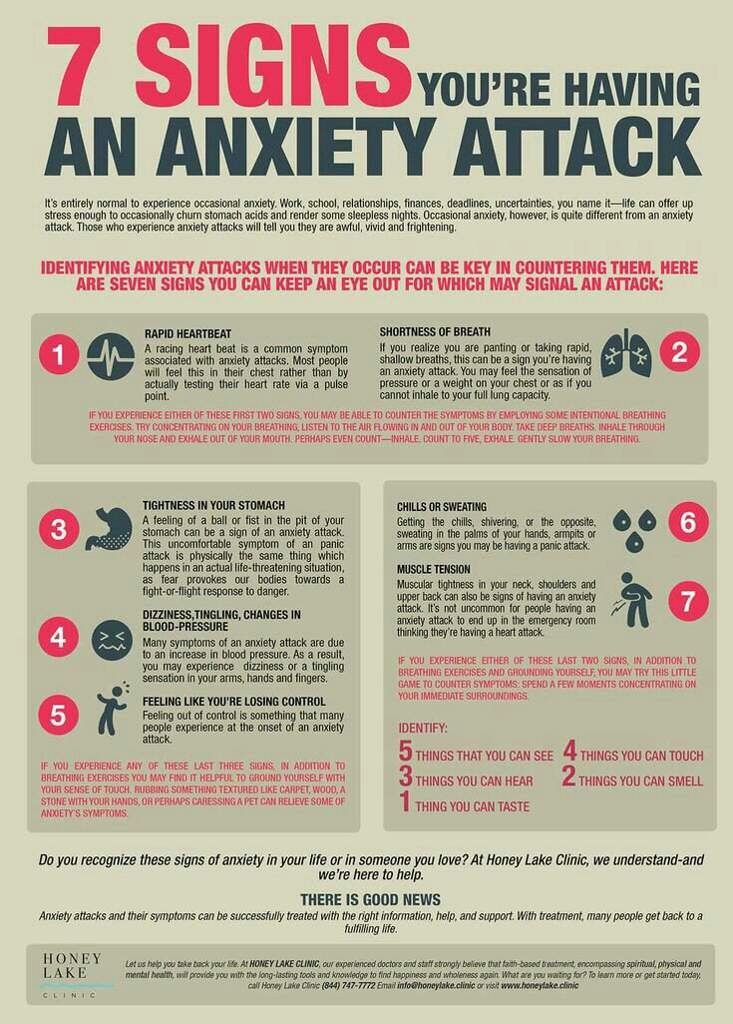 “Why would I start remembering this now?”
“Why would I start remembering this now?”
“That’s exactly why,” the therapist said. “You’re in a safe position in life, so unresolved feelings start to bubble up. It’s like our bodies know we can now handle facing them. But we feel attacked, anxious, or in danger, even though we are actually safe and sound.”
Perplexed but encouraged, Laura started going to therapy twice a week and got a prescription for anti-anxiety medication. She was determined to get to the bottom of her mysterious anxiety that seemed to come and go without cause.
Anxiety Is Not Uncommon
Anxiety is scary. It gnaws at you wherever you go, sapping the joy out of life. You could be safe at home with your family and still feel it; a constant worry buzzing in the back of your mind that can grow into panic. It can make your most important tasks feel impossible. Who can work, drive a car, or care for children when they can only focus on their intense feelings of fear? It’s even worse when you have no idea why you’re anxious. If you can’t understand it, how can you explain it to your family, friends, or co-workers? Anxiety can make you feel isolated, and no one should have to go through a scary time alone.
If you can’t understand it, how can you explain it to your family, friends, or co-workers? Anxiety can make you feel isolated, and no one should have to go through a scary time alone.
If you’re experiencing anxiety, you’ve got company. According to the Anxiety and Depression Association of America, anxiety disorders are the most common mental illnesses in our country, afflicting about 40 million adults a year. And although effective treatment is available, only 36.9% of sufferers are treated. People may feel embarrassed about admitting that they’re anxious. They may be dismissive of their anxiety. Or, they may not be aware that frequent anxiety is a mental health problem. But awareness of your anxiety is the first step in getting treatment for it—and in understanding its causes.
Why Am I Anxious for No Reason?
Anxiety can be caused by a variety of things: stress, genetics, brain chemistry, traumatic events, or environmental factors. Symptoms can be reduced with anti-anxiety medication. But even with medication, people may still experience some anxiety or even panic attacks. The best treatment combines medication with therapy, such as cognitive behavioral therapy. If the anxiety is rooted in trauma, eye movement desensitization and reprocessing (EMDR) may be the best course.
But even with medication, people may still experience some anxiety or even panic attacks. The best treatment combines medication with therapy, such as cognitive behavioral therapy. If the anxiety is rooted in trauma, eye movement desensitization and reprocessing (EMDR) may be the best course.
Anxiety usually has a trigger—an event or thought that provokes an anxious response. However, most people aren’t aware of their triggers, and believe they have become anxious for no reason. As human beings evolved, our species developed an instinctual response to danger, known as “fight, flight, or freeze”. The sympathetic nervous system makes our bodies and minds react quickly when we are in danger, and we may choose to stand and fight, run away, or stay totally still as if playing dead, known as the “freeze” response.
Our anxiety, or fear, evolved as an alarm bell to move us into life-saving action. In our modern world, we encounter conflicts that aren’t actually life-threatening. But our nervous system doesn’t know this, and so we can react to a variety of stimuli with the fight, flight, or freeze response, even when it is inappropriate.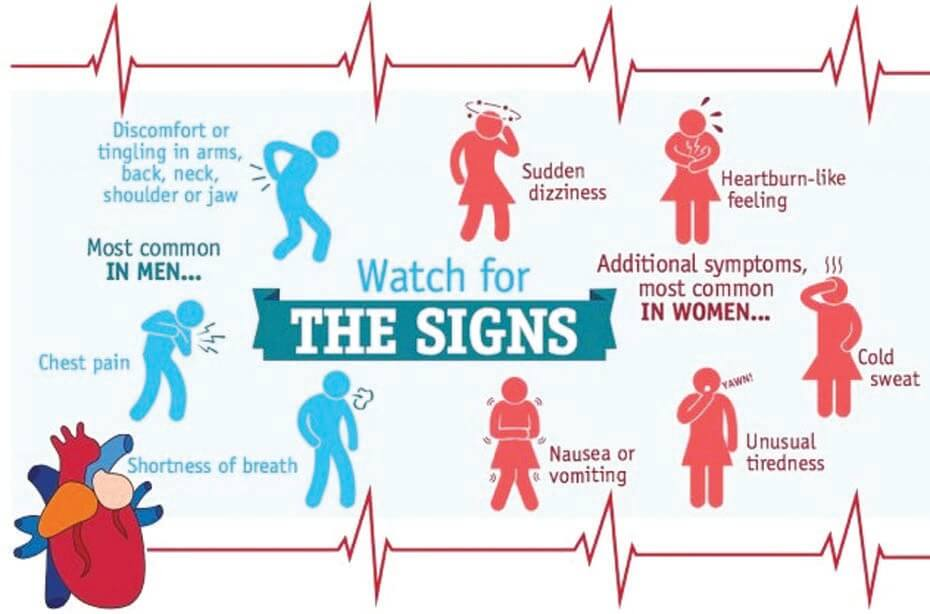 Add this to the fact that anxiety can also cause confusion or disassociation, and you can see why the exact causes of your anxiety are often so hard to pin down.
Add this to the fact that anxiety can also cause confusion or disassociation, and you can see why the exact causes of your anxiety are often so hard to pin down.
How Do I Know When My Anxiety Needs Treatment?
Any time a mental health issue such as anxiety gets so far out of hand that it disrupts your daily life, it’s time to get help. Especially if one or more symptoms cause you a lot of distress and worry, you should seek treatment before your symptoms get worse.
Most mental health disorders exist on a spectrum. For some people, symptoms are less severe and respond well to outpatient treatment. But for many others, it’s going to take intensive treatment to make headways into recovery. Particularly if you’ve tried outpatient therapy and it hasn’t worked, residential treatment could be your best option.
But how do you know when your anxiety is severe and lasting enough to qualify as an actual disorder? It’s impossible to pinpoint without a clinician, but you can learn to spot the same signs a clinician would look for.
Your anxiety may qualify as a disorder if any of the following symptoms occur:
- Worrying excessively about many things at once, possibly shifting often between different topics
- Feeling anxious for six or more months at a time
- Feeling “out of control” or like you can’t handle the stress of your anxiety
And, the anxiety occurs with at least three of these symptoms:
- Restlessness or irritability
- Feeling fatigued often or getting tired easily
- Difficulty concentrating or “blanking out” on thoughts and ideas
- Sore or achy muscles
- Difficulty falling or staying asleep
Wherever and whenever you decide to seek treatment, don’t feel ashamed, don’t be afraid, and don’t give up. You are doing the right thing by getting help with your anxiety. And one day soon, your courage will pay off when you begin to overcome your anxiety and start feeling more in control of your life.
Begin Your Recovery Journey.
 877-727-4343
877-727-4343 Overcoming Anxiety with Proper Treatment
Residential treatment is an excellent way to get the care you need for your anxiety, both in terms of healing its causes and learning how to cope with the disorder. There are many different anxiety disorders, and a good residential program will begin with an initial evaluation and an accurate diagnosis, which is key to sustainable recovery. They will give you comprehensive treatment—not just for your anxiety, but any co-occurring disorders that may be present. Residential clinicians will delve into the root causes and triggers of your anxiety, and zero in on the areas where healing work must be done.
You’ll receive 24-hour care at a residential treatment facility. That means if you have a panic attack at any time, day or night, there will be someone there to support you through it. You’ll receive medication from a psychiatrist to help ease your symptoms. And if you’re currently on medication, the doctor can adjust it until you’re feeling better. You’ll never alone, as you’ll be in a community of people who, like you, are struggling with anxiety and other challenges. And you’ll be in a pristine healing environment, far away from the situations, people, or places that may have been making your anxiety worse. In short, a residential treatment facility is a soothing, safe place to heal where you can build up your confidence and learn the coping mechanisms necessary to manage and live beyond the boundaries set by your anxiety.
You’ll never alone, as you’ll be in a community of people who, like you, are struggling with anxiety and other challenges. And you’ll be in a pristine healing environment, far away from the situations, people, or places that may have been making your anxiety worse. In short, a residential treatment facility is a soothing, safe place to heal where you can build up your confidence and learn the coping mechanisms necessary to manage and live beyond the boundaries set by your anxiety.
Get Help for Your Anxiety Today
People like Laura recover from anxiety every day. She’s learned in therapy how to identify the causes of her anxiety and has made excellent progress. Her recovery is also proof of how you too can heal from the endless burden of anxiety. Her story shows that people can move past their anxiety and go on to lead full, and happy lives. Even if it doesn’t feel that way now, things can get better for you with time, patience, and appropriate care.
To make that happen, you need to start working with a mental health professional right away. The sooner you seek help, the sooner you can begin to put your fears behind you and build the life you long for. It’s time to overcome your fears. It may be hard to imagine now, but one day you will start to feel happy, confident, and safe once again.
The sooner you seek help, the sooner you can begin to put your fears behind you and build the life you long for. It’s time to overcome your fears. It may be hard to imagine now, but one day you will start to feel happy, confident, and safe once again.
Bridges to Recovery offers comprehensive residential treatment for people struggling with mental health disorders as well as process addictions. Contact us to learn more about our renowned Los Angeles programs and how we can help you or your loved one start the journey toward healing.
treatment, how to get rid of anxiety, how to deal with anxiety for no reason
Anxiety is a negatively colored mood with feelings of worry, tension, and fear. In moderation, such emotions are useful: they help to mobilize forces and find a way out of extreme situations. But there must be grounds for concern, and normally it lasts a limited period of time.
If a person constantly experiences a feeling of anxiety and anxiety for no reason, this may indicate the presence of a mental disorder.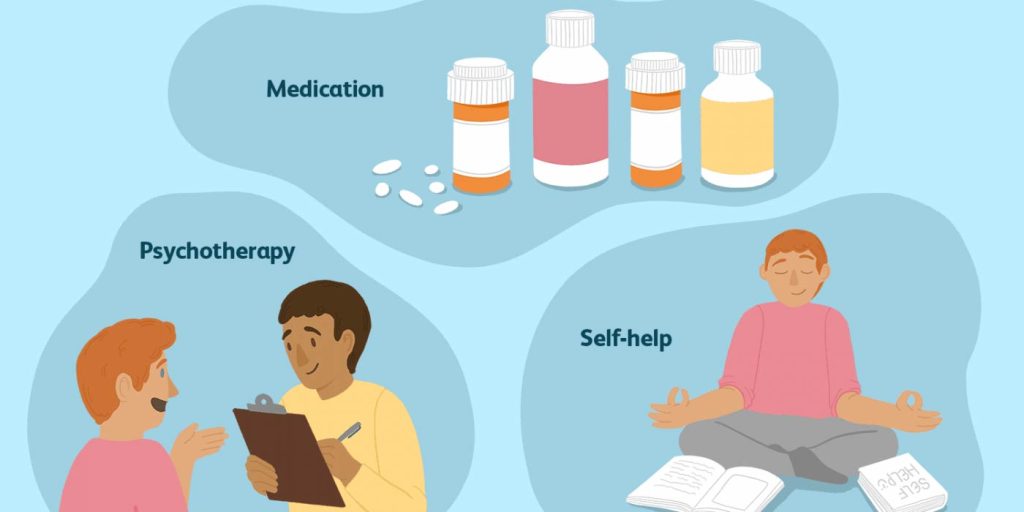 In the absence of help, constant tension wears out the nervous system and the body as a whole, which leads to a breakdown in adaptation mechanisms and the development of chronic diseases.
In the absence of help, constant tension wears out the nervous system and the body as a whole, which leads to a breakdown in adaptation mechanisms and the development of chronic diseases.
If you notice that you cannot relax for a long time, then you should think about visiting a specialist.
In pathological cases, a state of anxiety and restlessness without a cause manifests itself both mentally and physically.
Mental symptoms:
- constant feeling of fear and excitement for no reason,
- poor concentration and attention,
- sleep disorders,
- emotional lability, irritability, tearfulness,
- inability to relax and fully engage in daily activities or communication,
- the need to reassure others that everything is okay. At the same time, words of support do not bring relief.
Physical symptoms:
- rapid breathing and heartbeat,
- headaches, pain in the abdomen and in the region of the heart,
- excessive sweating,
- eating disorders: increased or loss of appetite,
- weakness,
- shivering, chills,
- stool disorders: frequent urge, constipation,
- feeling short of breath,
- nausea,
- muscle spasms and pain.
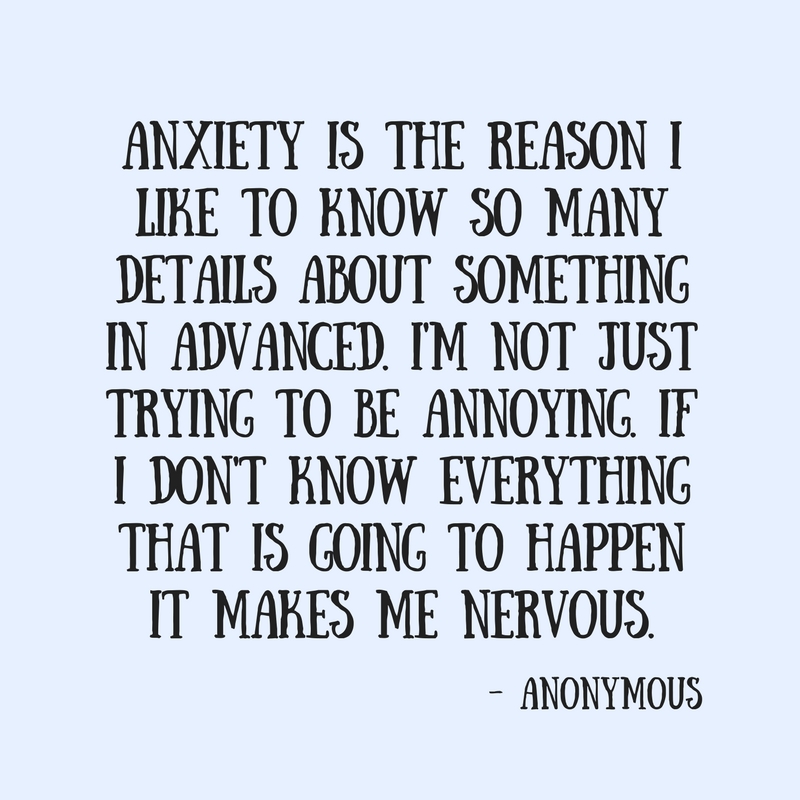
Unreasonable anxiety and anxiety increase or smooth out from time to time. Exacerbations often accompany stress: conflicts, important events, illness. Normally, a person recovers quickly after the situation is resolved, but when upset, negative emotions do not go away.
The intensity of anxiety varies from mild to severe. The extreme is panic. If you ignore an anxiety state for a long time for no reason, then panic attacks can join it. They overtake unexpectedly and sometimes without a good enough reason, but after this episode, a person begins to avoid situations similar to the one in which it happened: public transport, an elevator, or just a crowd of people. This greatly reduces the quality of life and can lead to social isolation.
Causes of causeless anxiety and anxiety
The occurrence of anxiety disorder is influenced by heredity. It has been found that certain brain structures and features of biological processes play an important role in the emergence of fear and anxiety. Personal characteristics, somatic health problems, lifestyle and various types of addictions also matter. Sometimes there is no cause for causeless anxiety and worry. Negative feelings usually have a trigger - an event or thought that causes an anxious response. However, most people are not aware of their triggers and believe that their emotions are groundless. In this case, only a specialist will help to understand why excitement arises for no reason.
Personal characteristics, somatic health problems, lifestyle and various types of addictions also matter. Sometimes there is no cause for causeless anxiety and worry. Negative feelings usually have a trigger - an event or thought that causes an anxious response. However, most people are not aware of their triggers and believe that their emotions are groundless. In this case, only a specialist will help to understand why excitement arises for no reason.
There are a number of diseases, the symptoms of which are constant anxiety. With causeless fear and anxiety, the reasons may be as follows:
- Generalized Anxiety Disorder: Persistent nervousness and worry over small things that are usually visible to others and last 6 or more months. It starts in adolescence and intensifies with age.
- Obsessive-compulsive disorder: obsessive thoughts and fears that are accompanied by obsessive actions that do not bring relief. Obsessive-compulsive disorder is distinguished - a person is indomitably haunted by memories that reproduce a traumatic situation.
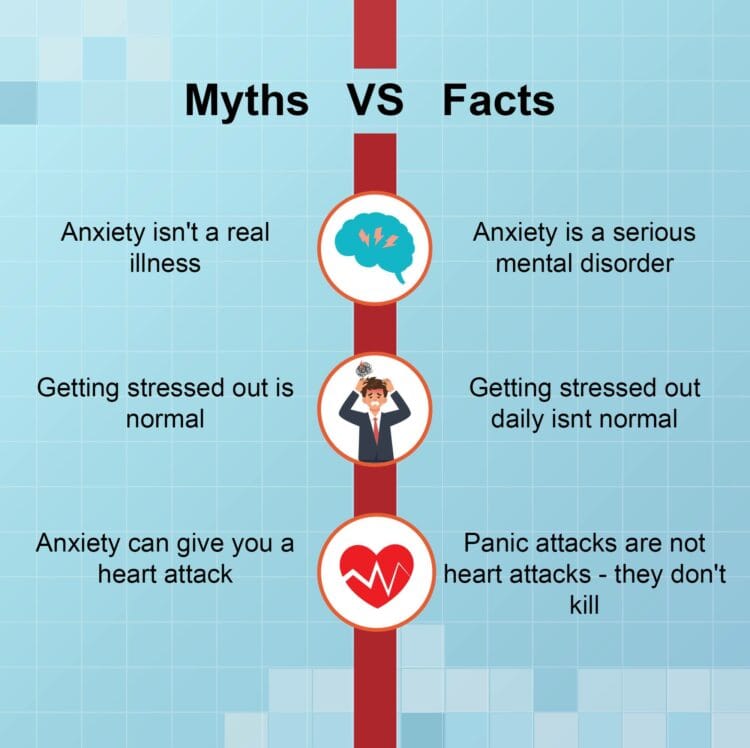
- Phobias: irrational fear of any, even mundane, things. Accompanied by uncontrolled panic and physical manifestations.
- Panic attack - an excruciating and sudden attack of panic, which is accompanied by a fear of death and vivid somatic symptoms. The regular occurrence of panic attacks means the development of a panic disorder.
- Post-traumatic stress disorder: occurs after a severe traumatic situation and is accompanied by high levels of anxiety, avoidance and flashbacks.
These are the most common examples, but pathological anxiety can be a symptom of other disorders or the result of a failed stress management. If you want to understand why there is a feeling of anxiety for no reason, you should consult a doctor. Without clarifying the main factor and working on it, it is impossible to restore health and peace of mind.
What to do with causeless anxiety and anxiety
It is difficult to live in constant stress. If you experience causeless anxiety and fear of what to do, the following list will tell you:
- Talk to someone you trust.
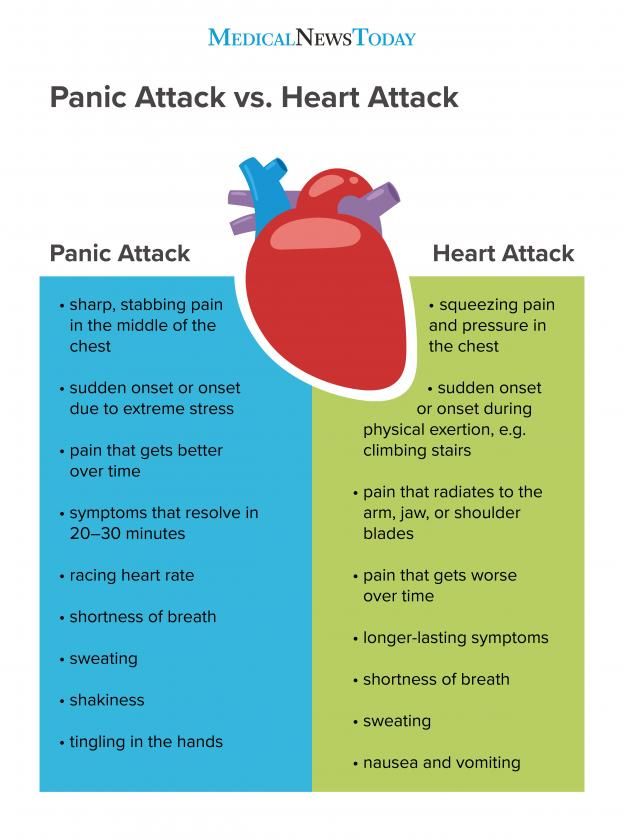 This could be a relative, a close friend, a therapist, or a helpline employee. People are social creatures, so communication is a good way to relieve internal tension.
This could be a relative, a close friend, a therapist, or a helpline employee. People are social creatures, so communication is a good way to relieve internal tension. - Find a way to calm down quickly. There is not always a person with whom you can share. Therefore, it is important to find a suitable method that will help you relax: breathing techniques, soothing music, aromatherapy, self-massage, and more. If you cannot independently choose a technique that quickly helps with anxiety for no reason, a specialist will tell you what to do.
- Add physical activity to your life. It is a natural and effective remedy for anxiety. Moderate sport relieves stress, lowers stress hormones, and strengthens the nervous system. Get at least 30 minutes of physical exercise a day.
- Normalization of lifestyle. Get enough sleep, eat well, give up bad habits. This stabilizes physical performance and neurotransmitter levels, which helps maintain emotional balance.
- Start keeping a diary.
 Notes help identify patterns of anxiety flare-ups, understand the causes, and notice early signs of their occurrence. Also, thanks to this, you will begin to focus more on positive events that you might not have noticed before.
Notes help identify patterns of anxiety flare-ups, understand the causes, and notice early signs of their occurrence. Also, thanks to this, you will begin to focus more on positive events that you might not have noticed before.
With excitement for no reason, everyone who regularly encounters this wants to know what to do. There is no universal method, however, the 5 steps listed above are recommended for every person with increased anxiety. This may be enough to alleviate symptoms. But if self-help techniques do not give the desired effect, then with a regularly occurring feeling of anxiety for no reason, you need to find out from a specialist what to do.
Treatment of causeless feelings of anxiety and restlessness
Regardless of the cause of pathological anxiety, professional help is the only complete method to eliminate the problem. If you have constant excitement and anxiety for no reason, you can quickly and effectively learn from a psychiatrist or psychotherapist how to get rid of this condition.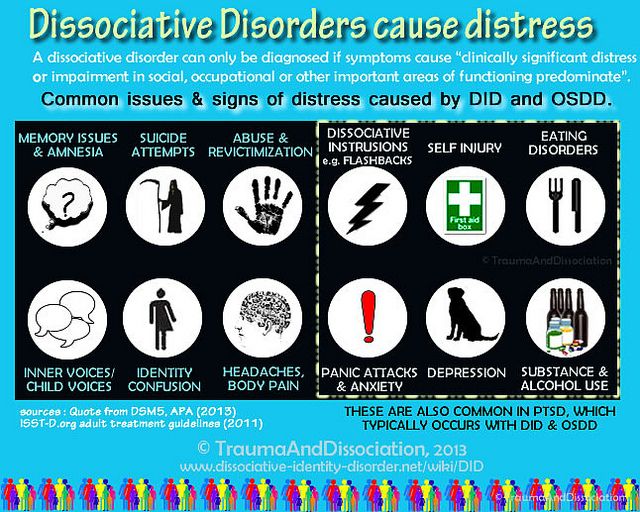
Due to the diversity of anxiety disorders, their therapy must be adapted to the individual clinical picture and diagnosis. Therefore, only a highly qualified specialist who has experience working with different types of anxiety conditions can tell you how to get rid of an anxiety state for no reason. For example, the therapy algorithm for a patient with obsessive-compulsive disorder (OCD) is different from the help for panic attacks.
For a state of anxiety and anxiety without a cause, treatment includes the following approaches:
- Psychotherapy. The most promising direction, which not only eliminates the symptom, but identifies the cause and fights it. Therapy teaches when feeling anxiety for no reason, how to get rid of acute attacks of anxiety, relax, look at life situations differently. The doctor will help to uncover the main causes of your fears and work them out. The patient receives the tools to overcome anxiety and uses them successfully. Cognitive-behavioral therapy is usually used: in the course of treatment, the patient encounters an object of concern and gradually gains confidence that he can control the situation.

-
Medical therapy. Depending on the type of anxiety and the presence of associated mental or physical health problems, antidepressants, sedatives, sleeping pills, and other drugs may be prescribed. When anxiety is felt without a cause, drug treatment will alleviate the symptoms and improve the quality of life of the patient during his psychotherapeutic work on the underlying cause. Uncontrolled medication leads to dangerous side effects and withdrawal syndrome, so they can only be used according to the individual course prescribed by the doctor.
It is recommended to use a combination of psychotherapeutic and drug treatment, but sometimes only the first one is enough.
You should not put off visiting a doctor if you feel that experiences are preventing you from living. Over time, the symptoms worsen and other severe mental illnesses join: depression, neurotic disorders, and more. If the normalization of lifestyle does not help, it means that you will understand how to get rid of unreasonable anxiety only from a psychotherapist.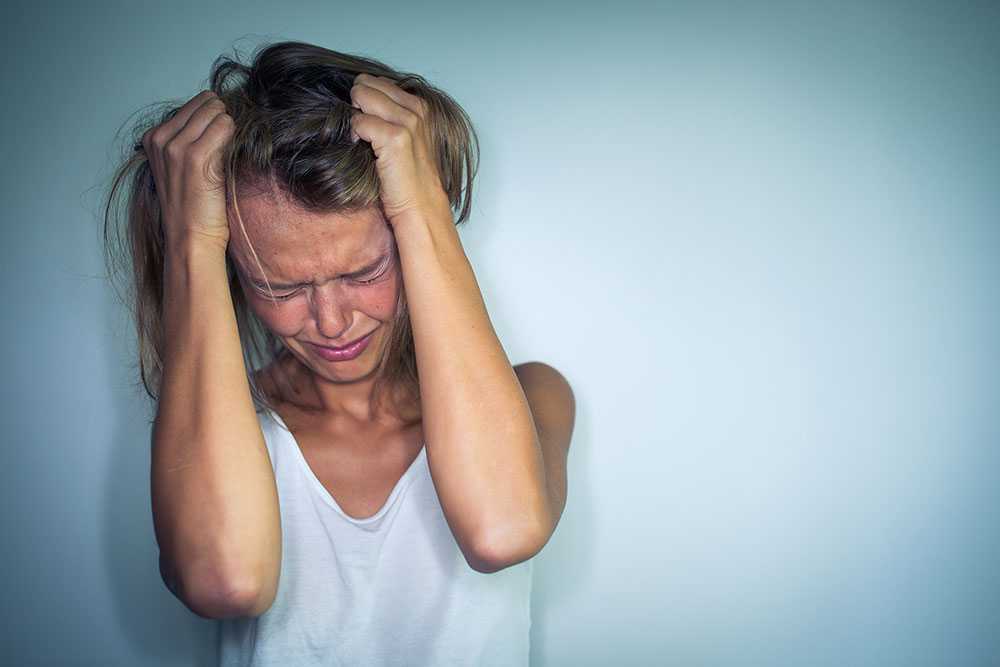 With a timely appeal to a competent specialist, only a few sessions of psychotherapy may be enough for recovery.
With a timely appeal to a competent specialist, only a few sessions of psychotherapy may be enough for recovery.
Thanks to modern psychotherapeutic approaches, hundreds of people are making great strides every day in the fight against anxiety disorders. There is no need to endure the painful burden of fear and anxiety, because timely assistance allows you to achieve excellent results: the patient will fully recover and return to a full life, and the improvement will be noticeable after the first session.
Diagnosis of PTSD, treatment of traumatic neurosis at the Allianz Central Medical Health Center
PTSD (post-traumatic stress disorder) is a mental illness that occurs several weeks or months after a severe life-threatening event - military operations (both soldiers and civilians), captivity, man-made disasters, attacks, rape, natural disasters, terrorist acts.
The diagnosis and treatment of post-traumatic stress disorder is carried out by a psychotherapist.
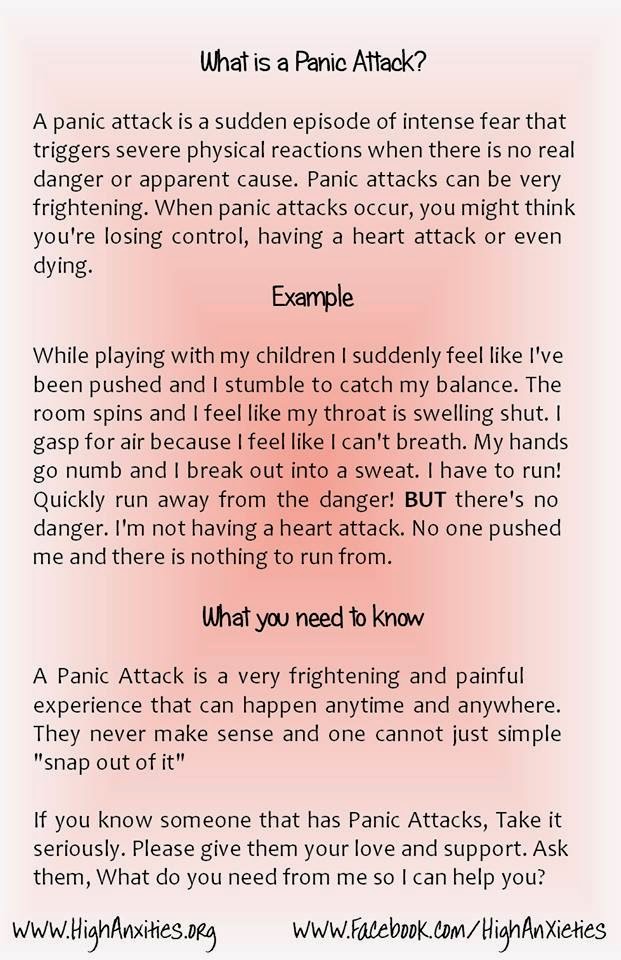
The disorder may begin weeks or years after the traumatic experience. Traumatic neurosis is a person's "stuck" in an extreme situation, he constantly mentally returns to it and cannot forget.
The criteria for PTSD are as follows:
- The person was in a situation threatening life or health, was a participant or even just a witness.
- During the event, he experienced helplessness, horror, fear.
- The situation has remained in the past, but the patient with PTSD constantly experiences it - mentally, in nightmares, returns to it again and again. He does not share his experiences with those around him, he keeps everything in himself.
Important
A person is not able to objectively assess his state of health and cope with emotions. He begins to react inadequately to real events, does not perceive new information, tries to isolate himself from communication, reacts sharply to criticism and jokes.
A person becomes a shadow of his former self, because he does not exist in the present. Referring to a psychotherapist is the only effective way to cope with a traumatic disorder.
Features of the development and diagnosis of PTSD
The breakdown is often preceded by a latent period of relative calm. After an injury, a person can lead a normal life for six months or even longer. In PTSD, the signs that signal the disease are as follows:
- experiences, anxiety and tension appear, which are associated with a traumatic situation. They are repeated at any time of the day: at night - in nightmares, during the day - in thoughts, memories;
- flashbacks occur - a person is "transferred" to a past situation, re-experiencing it very vividly and ceases to orient himself in reality, the state is similar to clouding of consciousness. Last from a few seconds to several hours;
- people withdraw into themselves, lose interest in work and communication.
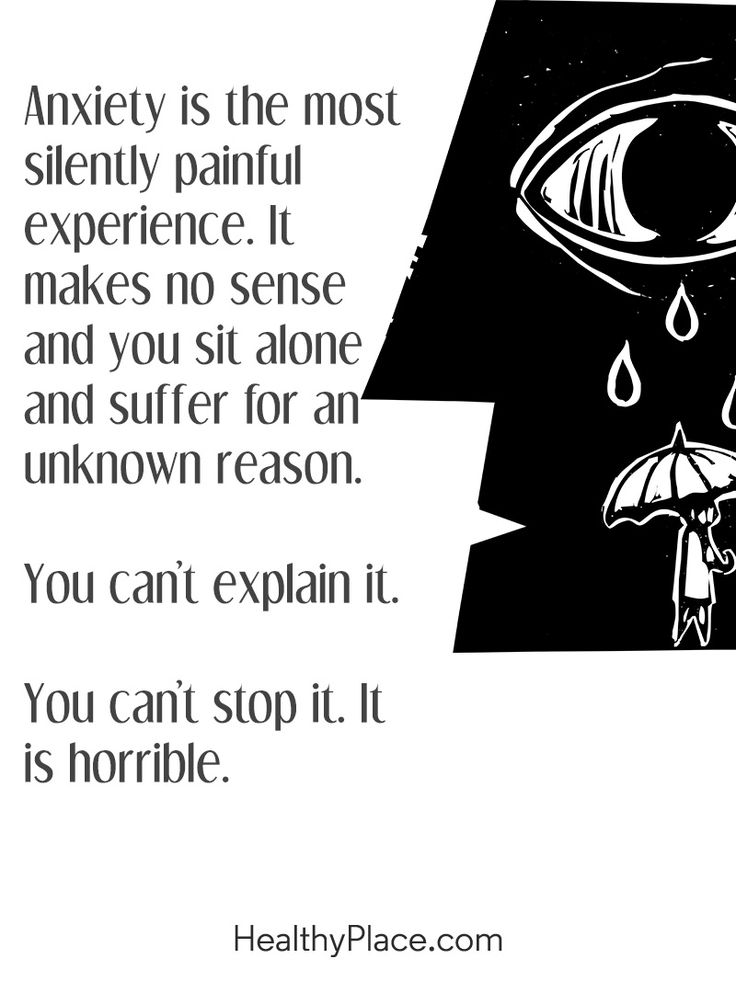 At the same time, he can react to innocent remarks and jokes with impulsive, cruel beatings.
At the same time, he can react to innocent remarks and jokes with impulsive, cruel beatings.
Post-traumatic stress disorder is characterized by agitation, aggression, increased caution, and suspicion. A person avoids any mention of what happened (actions, places, conversations), becomes anxious and emotionally retarded.
Important
Internal tension leads to fatigue, apathy, emptiness. Memory and attention deteriorate. A person becomes distracted, which leads to constant mistakes at work. Often this condition is accompanied by depressed mood (depression), thoughts of suicide.
In post-traumatic stress disorder, symptoms may include complaints of:
- insomnia or superficial sleep;
- increased sweating;
- palpitations, interruptions in the work of the heart;
- fatigue, hypersensitivity.
A psychotherapist diagnoses a disease at an individual consultation - collects an anamnesis (life history), evaluates complaints, tries to find out the causes of the disorder.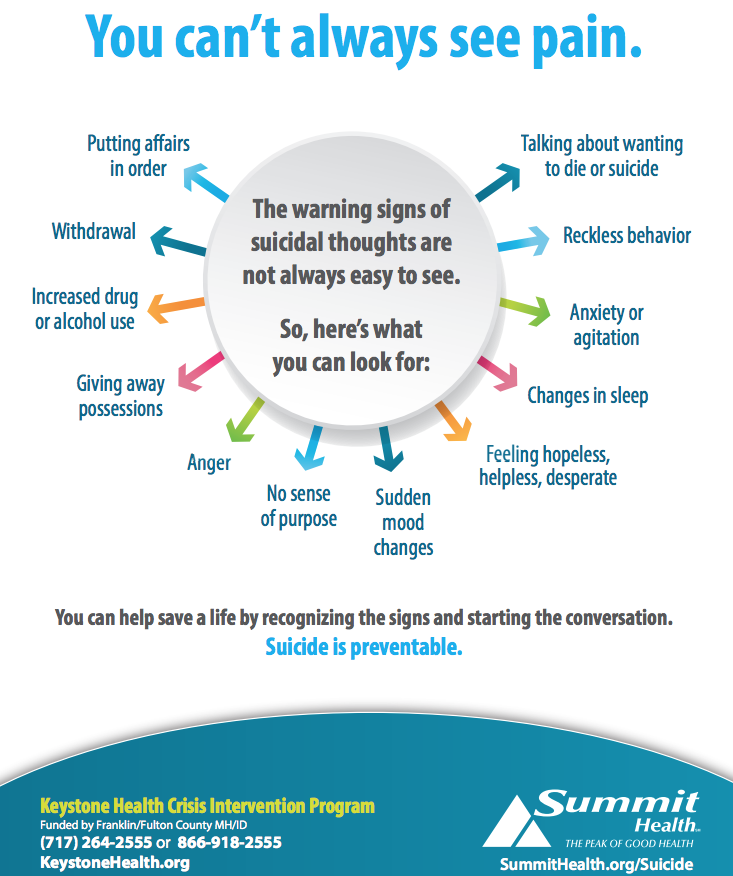 Psychic trauma can trigger the development of other mental illnesses - severe depression, endogenous diseases. For differential diagnosis, a pathopsychological study is also used (performed by a clinical psychologist).
Psychic trauma can trigger the development of other mental illnesses - severe depression, endogenous diseases. For differential diagnosis, a pathopsychological study is also used (performed by a clinical psychologist).
Post-traumatic stress disorder (PTSD) treatment
Psychotherapy sessions are the basis of recovery. They help the patient accept and process the traumatic experience in order to move on. Treatment for PTSD includes:
- Individual psychotherapy.
- Medical correction of symptoms (anxiety, depression, irritability, sleep problems).
- biofeedback therapy.
- Group therapy.
With PTSD, the disease can be overcome with the help of cognitive-behavioral psychotherapy. The psychotherapist teaches the patient not to run away from the traumatic situation, helps to increase self-control and cope with painful memories.
BFB therapy (biofeedback therapy) is a relaxation technique that relieves internal tension and reduces muscle stiffness.
